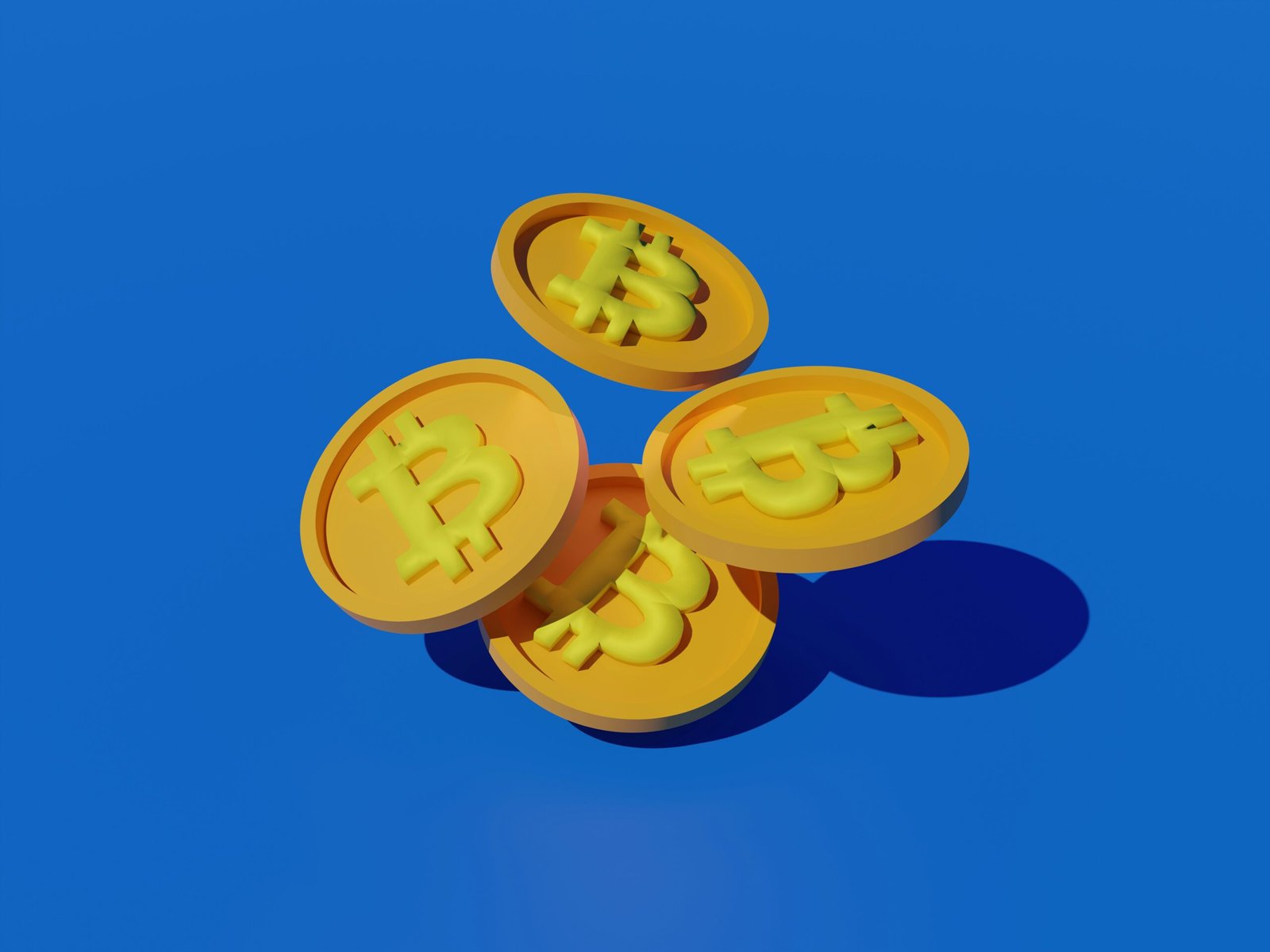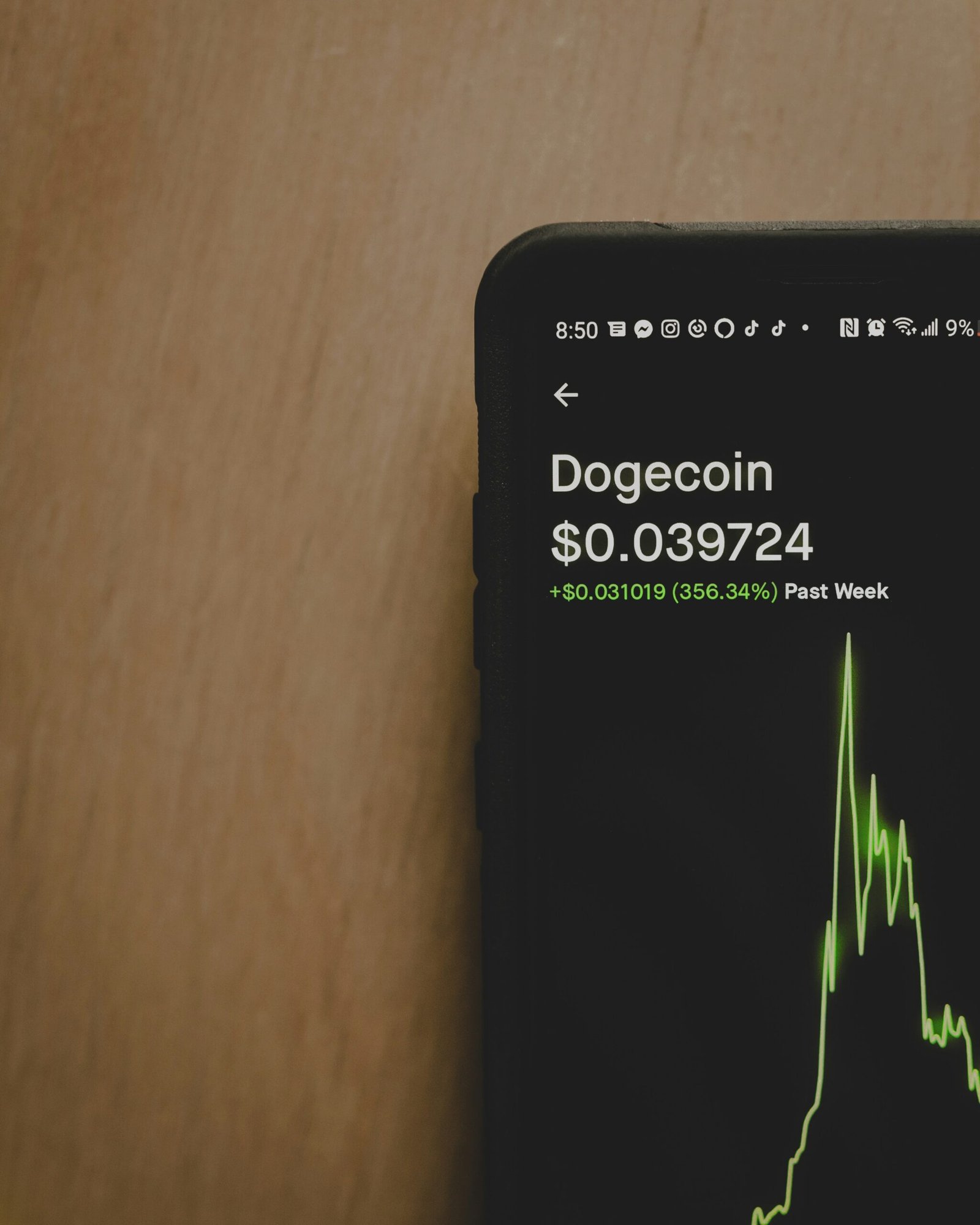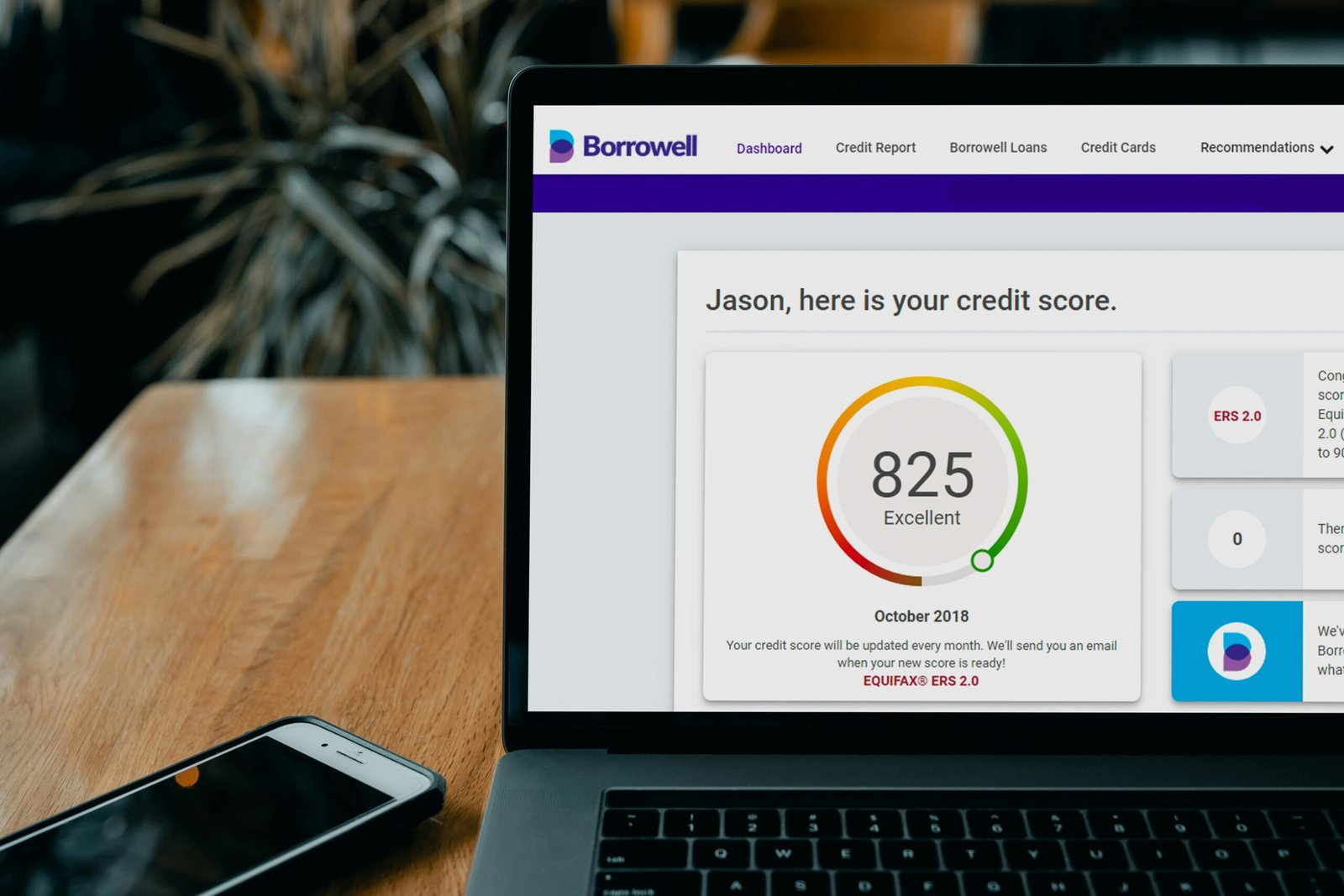How to Securely Store Cryptocurrency in 2024
Introduction to Cryptocurrency Storage
As the cryptocurrency market continues to expand in 2024, the importance of securely storing digital assets cannot be overstated. With an increasing number of individuals and institutions investing in cryptocurrencies, the potential risks associated with improper storage have also heightened. One of the most significant threats is hacking, where cybercriminals exploit vulnerabilities to gain unauthorized access to cryptocurrency wallets. This can result in substantial financial losses, as seen in numerous high-profile cases over the past few years.
Another critical risk is theft, which can occur through various means, including phishing attacks and malware. These threats underscore the necessity of adopting robust security measures to protect one’s digital assets. Inadequate security practices not only expose individuals to potential financial losses but also undermine the trust and confidence in the cryptocurrency ecosystem as a whole.
The relevance of secure cryptocurrency storage has grown in tandem with the market itself. As more people enter the space, the diversity and sophistication of threats have evolved. This dynamic environment necessitates a proactive approach to security. Being well-versed in the latest security protocols and understanding the best practices for storing cryptocurrency are essential for anyone looking to safeguard their investments.
Moreover, the regulatory landscape surrounding cryptocurrencies is continually evolving. Governments and regulatory bodies are increasingly focusing on ensuring that digital assets are stored and managed securely to protect investors. Compliance with these regulations not only helps in mitigating risks but also fosters greater trust in the market.
In conclusion, the ever-growing importance of securely storing cryptocurrency in 2024 cannot be ignored. By understanding the potential risks and taking appropriate measures, investors can protect their assets and contribute to a more secure and resilient cryptocurrency market.
Understanding Different Types of Wallets
Cryptocurrency wallets come in various forms, each offering distinct advantages and disadvantages. Understanding these options is crucial for securely storing your digital assets in 2024.
Hardware Wallets: These are physical devices designed to store your private keys offline, making them highly secure against online threats. Hardware wallets, such as Ledger and Trezor, are known for their robust security features. They are resistant to malware and hacking attempts, providing peace of mind for long-term storage. However, they can be relatively expensive compared to other wallet types and require careful handling to avoid physical damage or loss.
Software Wallets: Software wallets are applications or programs that you can install on your computer or mobile device. Examples include Electrum and Exodus. They offer a good balance between security and convenience. With strong encryption and multi-factor authentication, software wallets provide a secure environment for managing your cryptocurrencies. However, they are vulnerable to malware or phishing attacks if your device is compromised. Regular software updates and strong passwords are essential to maintain security.
Mobile Wallets: Mobile wallets, such as Trust Wallet and Mycelium, are designed for smartphones and tablets. They offer high convenience, allowing you to manage your cryptocurrencies on the go. Mobile wallets often include features like QR code scanning for quick transactions. While they are generally secure, the risk lies in the security of your mobile device. Ensuring your device is protected with strong passwords, biometric authentication, and up-to-date security patches is crucial for safeguarding your assets.
Paper Wallets: A paper wallet is a physical document containing your private and public keys, often represented as QR codes. This form of wallet provides a high level of security against digital threats as it is entirely offline. However, the physical nature of paper wallets introduces risks such as damage, loss, or theft. Proper storage in a secure, waterproof, and fireproof location is necessary to maintain the integrity of your keys.
Choosing the right cryptocurrency wallet depends on your individual needs and preferences. For long-term storage and maximum security, hardware wallets are often the best choice. For those who need access to their assets on the move, mobile and software wallets offer a good balance of security and convenience. Paper wallets can serve as a secure offline backup but require careful handling to avoid physical risks.
Best Practices for Securing Hardware Wallets
Hardware wallets are widely recognized as one of the most secure methods for storing cryptocurrency. These devices provide a physical layer of security, keeping your private keys offline and away from potential online threats. However, maximizing the security of your hardware wallet requires adherence to several best practices.
Firstly, it is vital to keep the firmware of your hardware wallet updated. Manufacturers frequently release firmware updates to address vulnerabilities and enhance security features. Regularly checking for and installing these updates ensures that your wallet is protected against the latest threats. Ignoring firmware updates can leave your device susceptible to exploits that could otherwise be prevented.
Next, using a strong and unique password for your hardware wallet is crucial. A strong password typically consists of a combination of upper and lower case letters, numbers, and special characters, making it difficult for attackers to guess or brute-force. Avoid using easily guessable passwords such as “123456” or “password.” Instead, consider using a password manager to generate and store complex passwords securely.
Another key practice is to store your hardware wallet in a safe and secure place. The physical safety of the device is as important as its digital security. Ideally, the hardware wallet should be kept in a fireproof and waterproof safe, away from prying eyes and potential physical theft. Additionally, consider having a backup device stored in a separate, equally secure location to mitigate the risk of loss or damage.
Moreover, be cautious of the environment in which you use your hardware wallet. Avoid using the device on public or untrusted computers, as they may be compromised with malware that could steal your private keys. Always use your hardware wallet in a controlled and secure environment to minimize exposure to security risks.
By diligently following these best practices—keeping firmware updated, using strong passwords, and storing the device securely—you can significantly enhance the security of your cryptocurrency holdings. Hardware wallets provide robust protection, but their effectiveness relies on the user’s commitment to maintaining stringent security measures.
Securing Software Wallets: Tips and Tricks
As the popularity of cryptocurrency continues to rise, ensuring the security of your digital assets has never been more critical. Software wallets, while offering greater convenience, are also more vulnerable to hacking and cyber-attacks. By following these essential tips and tricks, you can significantly enhance the security of your software wallets.
First and foremost, choose a reputable wallet provider. Opt for well-known and established software wallets that have a proven track record of security and reliability. Research user reviews, check for any past security breaches, and ensure the wallet provider offers robust security features. Trustworthy providers often have open-source code, allowing the community to audit and identify potential vulnerabilities.
Enabling two-factor authentication (2FA) is another critical step in securing your software wallet. 2FA adds an additional layer of protection by requiring not only your password but also a secondary verification method, such as a code sent to your mobile device. This makes it significantly harder for unauthorized individuals to gain access to your wallet, even if they manage to obtain your password.
Regularly updating your software wallet is crucial for maintaining its security. Wallet providers frequently release updates to patch security vulnerabilities and enhance overall performance. By keeping your software wallet up to date, you ensure that you benefit from the latest security improvements and bug fixes. Set your wallet to update automatically or regularly check for updates manually.
Using a reputable antivirus program is also essential for protecting your software wallet from malware and other malicious threats. Ensure your antivirus software is always up to date and perform regular scans to detect and remove any potential threats. Additionally, avoid downloading wallet software from unofficial sources, as these may contain malware designed to steal your cryptocurrency.
By following these tips and tricks, you can significantly reduce the risk of your software wallet being compromised. Remember, the security of your cryptocurrency largely depends on the precautions you take to protect it. Stay vigilant, and prioritize the safety of your digital assets.
The Role of Seed Phrases and Private Keys
Seed phrases and private keys are foundational components of cryptocurrency security. These elements serve as the gateways to accessing and managing your digital assets. A seed phrase, often a sequence of 12 to 24 words, is used to generate your private keys and can be considered a master key to your wallet. The private key, a unique alphanumeric string, allows you to sign transactions and access your cryptocurrency.
Generating and storing seed phrases and private keys securely is paramount. When setting up a new wallet, ensure you generate your seed phrase in a secure environment, ideally offline. Writing down your seed phrase and storing it in a secure, offline location is advisable. Avoid taking digital photographs or storing your seed phrase in any online or cloud-based service, as these can be vulnerable to hacking attempts.
Private keys must also be handled with the utmost care. Like seed phrases, they should never be shared with anyone. Utilizing hardware wallets can provide an additional layer of security. These devices store your private keys offline, significantly reducing the risk of unauthorized access. In addition to hardware wallets, consider using multi-signature wallets, which require multiple private keys to authorize a transaction, thereby enhancing security.
Offline storage solutions, often referred to as “cold storage,” are critical in protecting your seed phrases and private keys. These methods include using paper wallets, where private keys are printed and stored physically, and metal wallets, which are durable and resistant to environmental damage. Another effective strategy is to use encrypted USB drives to store digital copies of your private keys and seed phrases.
Adhering to these practices ensures that your cryptocurrency remains secure. By understanding the role and importance of seed phrases and private keys, and by implementing robust methods for their generation and storage, you can significantly mitigate the risks associated with managing digital assets.
Multi-Signature Wallets: An Extra Layer of Security
Multi-signature wallets, often referred to as multi-sig wallets, provide an enhanced security mechanism by requiring multiple approvals for a transaction to be executed. Unlike traditional single-key wallets, which necessitate only one private key for transaction authorization, multi-sig wallets mandate the use of multiple keys. This feature significantly mitigates the risk of unauthorized access or single-point failures, making them a robust choice for securely storing cryptocurrency.
The primary benefit of a multi-signature wallet lies in its ability to distribute the authorization process across multiple parties or devices. For instance, a 2-of-3 multi-sig wallet requires any two out of three designated private keys to approve a transaction. This setup can prevent scenarios where a single compromised key could result in the loss of funds. Organizations, businesses, and collaborative projects find this particularly useful as it ensures that no single individual has complete control over the wallet’s assets.
Another advantage is the additional layer of security in protecting against phishing attacks and malware. Even if one key is compromised, an attacker would still need access to the remaining keys to authorize a transaction. This distributed security model also offers a failsafe in case one of the key holders loses their key; the remaining keys can still be used to recover access to the funds.
However, there are potential drawbacks to consider. The complexity of setting up and managing a multi-sig wallet can be daunting for those unfamiliar with the process. Additionally, the reliance on multiple key holders means that coordination and communication are vital, which can be challenging in time-sensitive situations. In some cases, the requirement for multiple approvals might also lead to slower transaction times.
Despite these challenges, multi-signature wallets are particularly beneficial in scenarios requiring high-security measures. They are ideal for holding large amounts of cryptocurrency, managing corporate funds, or conducting transactions that demand heightened security protocols. Overall, multi-sig wallets offer a robust solution for those looking to add an extra layer of security to their cryptocurrency storage strategy in 2024.
Staying Vigilant Against Scams and Phishing Attacks
In the rapidly evolving world of cryptocurrency, the prevalence of scams and phishing attacks remains a significant concern for holders. Scammers employ various tactics to deceive users and gain access to their digital assets, making it imperative to stay vigilant and informed about potential threats. Understanding the nature of these scams and adopting preventive measures can significantly reduce the risk of falling victim to such malicious activities.
Phishing attacks are one of the most common threats faced by cryptocurrency users. These attacks typically involve fraudulent emails, messages, or websites that appear to be from legitimate sources, such as cryptocurrency exchanges or wallet providers. The primary intent is to trick users into disclosing sensitive information, such as private keys or login credentials. To avoid phishing attacks, it is crucial to verify the authenticity of any communication before responding. Always check the sender’s email address and the URL of any website you are directed to. Be particularly cautious of unsolicited communications that request personal information or urgent actions.
Another prevalent scam is the impersonation of customer support representatives. Scammers often pose as support staff from well-known exchanges or wallets, offering assistance with account issues or transactions. They might contact you through social media, email, or even phone calls. To protect yourself, never share your private keys or passwords with anyone claiming to be from customer support. Instead, always use official communication channels provided by the service you are using, and verify their authenticity through the official website.
Investment scams are also widespread in the cryptocurrency space. These scams promise high returns with little to no risk, luring victims into parting with their funds. Always conduct thorough research before investing in any cryptocurrency project. Look for signs of legitimacy, such as a transparent team, a detailed whitepaper, and positive community feedback. Be wary of projects that guarantee returns, as legitimate investments typically involve some degree of risk.
In addition to recognizing and avoiding scams, it is essential to use secure communication channels whenever dealing with cryptocurrency transactions or sensitive information. Employ end-to-end encrypted messaging services and avoid sharing personal details over unsecured networks. By staying informed and cautious, cryptocurrency holders can significantly reduce the risk of falling prey to scams and phishing attacks.
Regular Audits and Backups: Maintaining Long-Term Security
The importance of regular audits and backups cannot be overstated when it comes to the long-term security of your cryptocurrency holdings. Regular security audits play a crucial role in identifying potential vulnerabilities in your storage systems. It’s essential to conduct these audits systematically, examining both software and hardware components. Utilize reputable security tools to scan for malware, unauthorized access attempts, and any anomalies that could indicate a breach.
Creating secure backups is another cornerstone of cryptocurrency security. Ensure that backups are encrypted and stored in multiple, geographically dispersed locations. This strategy mitigates the risk of losing access to your assets due to hardware failure, natural disasters, or other unforeseen events. Employing a combination of cold storage and hardware wallets for backups can offer an additional layer of security, keeping your private keys offline and away from potential online threats.
It’s equally important to regularly test and update your backup processes. A backup that cannot be restored is as good as none. Schedule regular tests to verify that your backups are functional and up-to-date. These tests should include restoring a small portion of your holdings to ensure the process works seamlessly. Additionally, keep your backup methodologies current with the latest security standards. As technology evolves, so do the methods employed by cybercriminals, making it imperative to stay ahead of the curve.
Furthermore, consider using multi-signature wallets, which require multiple private keys to authorize a transaction. This adds an extra layer of protection, reducing the risk of a single point of failure. Involving trusted parties in the multi-signature process can enhance security, especially for institutional investors managing significant cryptocurrency holdings.
Incorporating these practices into your routine will help maintain the long-term security of your cryptocurrency assets. Regular audits and well-managed backups are fundamental to safeguarding your investments against potential threats and ensuring that your cryptocurrency holdings remain secure well into the future.






